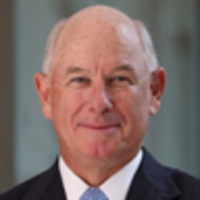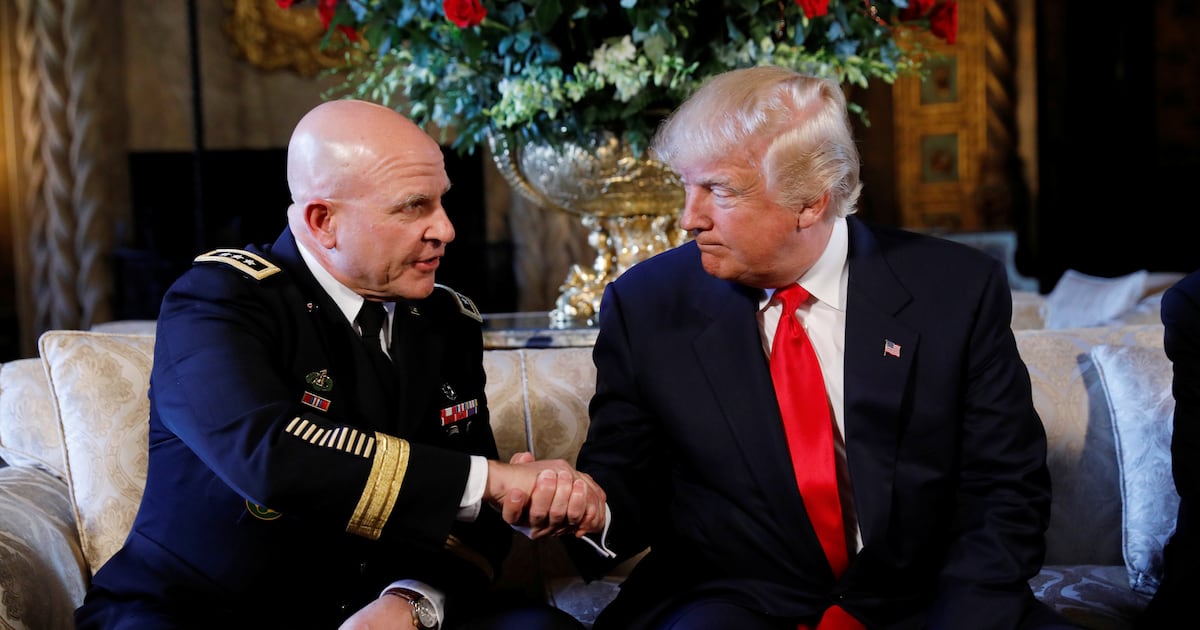We’ve been at war with al Qaeda for at least 11 years and still don’t know how to have an effective political or, more important, strategic conversation about it. In the five weeks since the Benghazi attack, we’ve spent far more time arguing about what to call it than discussing its implications.

Last Tuesday night’s debate was a muddle over who said what when, a far cry from the dialogue our country needs. The upcoming national-security debate is a last opportunity before Election Day for the candidates to move beyond “gotcha” and explain what Benghazi reveals about the evolving terrorist threat and how they will wage the ongoing war against al Qaeda, its affiliates, and sympathizers over the next four years.
The Obama administration has struggled to advance a clear narrative of what happened, but there is no evidence that inconsistencies represent a deliberate attempt to mislead or play down what happened. Much of the lingering confusion is simply about how events unfolded, the different lenses through which they were perceived, and the competing narratives that developed around them, all driven by election-year politics.
The initial controversy was not about the attack in Libya, but a protest in Cairo over an obscure American-made film perceived to insult Islam. The Romney campaign claimed the administration’s criticism of the film was an apology for American principles. The film-protest-attack frame was firmly established.
A competing Sept. 11–anniversary terrorism-security narrative also developed. The day after the attack, Rep. Mike Rogers, chairman of the House intelligence committee, suggested the date was no coincidence and linked to al Qaeda. Two days later a CNN reporter walking through the compound came upon the ambassador’s personal diary in which the ambassador allegedly expressed concerns about security.
The two frames collided Sept. 16, when Susan Rice, U.S. ambassador to the United Nations, appeared on various Sunday shows, including Face the Nation. While the guests before and after her termed Benghazi a terrorist attack, Rice stuck to talking points developed by the intelligence community that supported the film-protest-attack narrative. She did not rule out terrorism, but indicated that “we do not have information at present that leads us to conclude that this was premeditated or preplanned.”
The administration finally merged the two eight days after the attack, when the head of the National Counterterrorism Center told a Senate committee Benghazi was a terrorist attack. President Obama conceded Thursday night on The Daily Show that the administration’s failure to communicate was “not optimal.” That said, as the incumbent, Obama knows administration policy is guided by an explicit legal definition of terrorism. A formal judgment that an incident qualifies as terrorism is actually difficult to make. The fact that the NCTC did so only eight days after the Benghazi attack actually is an achievement.
The two competing narratives about Benghazi are not mutually exclusive—the attack could be about terrorism and the film, organized, and opportunistic. The truth is, we don’t know yet. In the meantime, politics has pushed analysis of the attack beyond the known knowns. The debate thus far has also missed a larger point.
Just calling the attack terrorism is not enough. Terrorism is a tactic. What is needed is an understanding of the political agenda behind the violence, whether it represents a struggle for influence within Libya, a regional al Qaeda agenda, or all or none of the above.
Even more important is what the Benghazi attack tells us about the evolving terrorist threat. For example, if al Qaeda, its affiliates, and its supporters are shifting gears from high-end global plots to low-end local attacks that can develop quickly, this would represent a new battlefield reality. If so, we should expect more frequent attacks in the future. Today, because of what both the Obama and George W. Bush administrations have termed expeditionary diplomacy, we have more diplomats stationed in dangerous conflict areas around the world. Risk must be effectively managed, but it will never be zero.
And the risks have gone up because of the Arab awakening. Host nations are the first line of defense for diplomatic missions. Yet countries in transition, like Libya, have weak institutions and have lost the capabilities that kept extremist violence in check in the past.
If the war against al Qaeda is evolving, the presidential candidates need to discuss how they plan to wage this war going forward.
Having determined the Benghazi attack was an act of terrorism, how should we respond? Can we build an effective partnership with Libya as we have with the new government in Yemen? If military action becomes necessary, given international skepticism regarding drones, do we risk inflaming public opinion as has occurred in Pakistan? How do President Obama and Governor Romney weigh short-term tactical gains against long-term strategic interests? Can they pursue improve U.S. security without undercutting democracy in a country in transition like Libya?
These are questions that don’t lend themselves to campaign soundbites. But if the candidates can move beyond the incessant thrust and parry of the campaign and advance our understanding of a complex and changing terrorism threat that will command significant presidential attention over the next four years, their discussion will be a debate worth watching.





